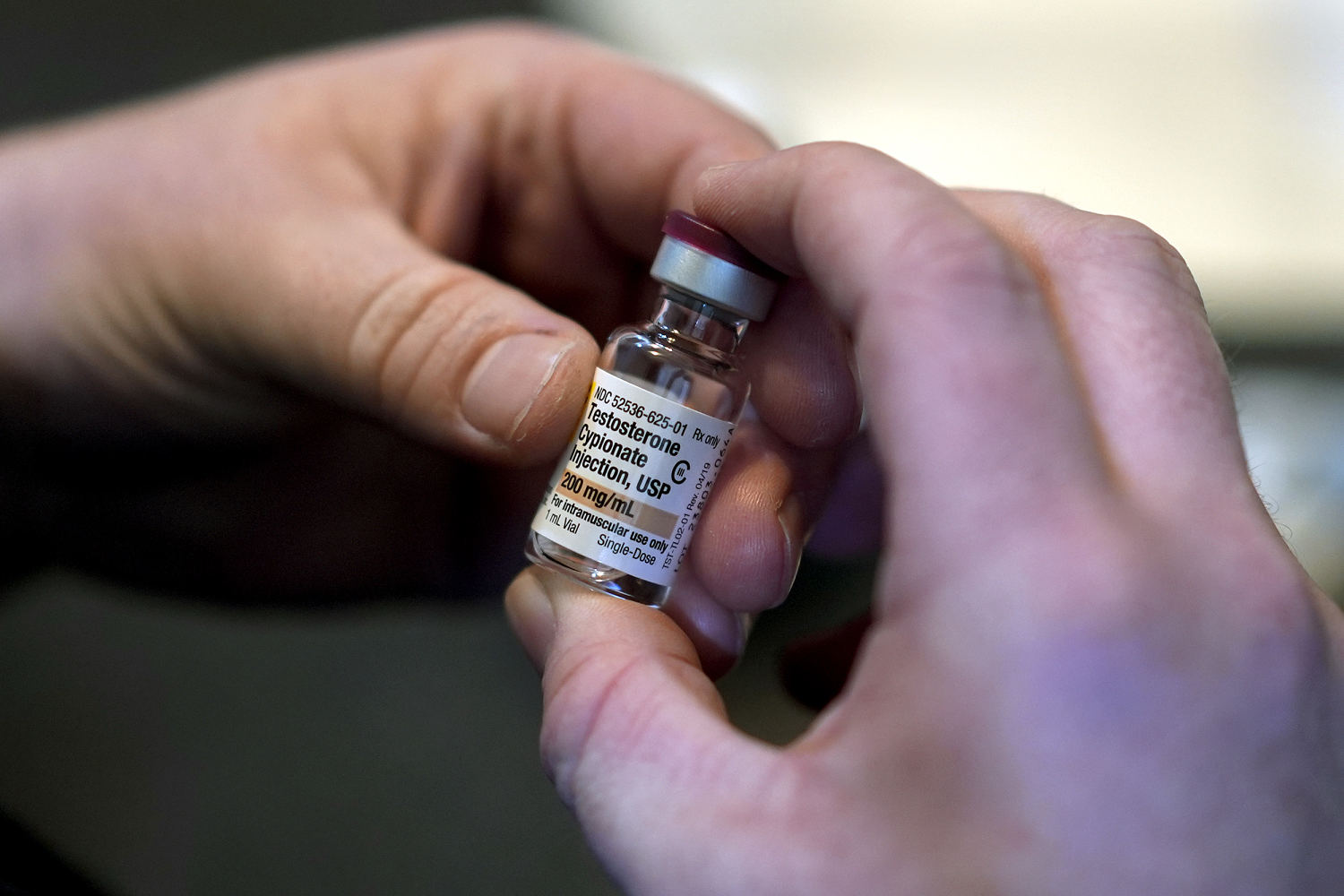
As policymakers around the world debate whether minors should have access to transition-related medications, a study published Monday in the nation’s premier pediatric medical journal found that the drugs are rarely prescribed to youths.
Less than 0.1% of adolescents with private insurance in the United States are transgender or gender-diverse and are prescribed puberty blockers or gender-affirming hormones, according to the findings published in JAMA Pediatrics.
The research note, which analyzed the private insurance claims for more than 5.1 million young patients ages 8 to 17 from 2018 to 2022, also found that no transgender patients under 12 were prescribed gender-affirming hormones. Private insurers covered 65% of the country as of 2023, per the Census Bureau.
“It’s really important for the public to understand that not everyone is getting access to gender-affirming care when they go to the doctor,” said the report’s lead author, Landon Hughes, a fellow at Harvard University’s T.H. Chan School of Public Health. “It’s not as ubiquitous as some may want us to believe, especially among youth.”
“There’s not some massive wave of folks accessing care,” Hughes added. “It is certainly a minuscule group of people who are getting access to this care, and it’s certainly eaten up a lot of the public discourse in the recent political, legal climate.”
The study found that the use of puberty blockers and hormones was more common among trans minors who were assigned female sex at birth versus those assigned male at birth. The authors noted that this may occur because the onset of puberty happens sooner for people assigned female at birth.
Puberty blockers are used to delay the onset of puberty or pause it as it is transpiring. The medication is designed to give children who are experiencing gender dysphoria more time to decide if they want to take more permanent steps to transition genders. Puberty resumes when the medication is no longer taken. Gender-affirming hormones are typically prescribed to replace hormones that a person’s body naturally makes, but that do not align with their gender identity.
Most major medical organizations in the U.S. support gender-affirming care for minors. The American Medical Association, which publishes JAMA, has referred to the care as “medically necessary.”
Dr. Alex S. Keuroghlian, who is the director of education and training at the LGBTQ health care organization Fenway Health and is not affiliated with the study, said he is “not surprised” by the findings, because access to transition-related care is limited.
“This particular type of care, there is such a bias against providing, that I would suspect not every transgender or gender-diverse youth who would have benefited from it in this dataset necessarily received it,” he said. “I see that in practice in the communities that we work with, even in privileged communities with private insurance. There could be a lot of barriers at the family level, at the practice level to that kid getting gender-affirming care.”
In December, the Supreme Court heard oral arguments in a case involving state bans on puberty-suppressing medication and other forms of transition-related care for minors. The court is weighing the constitutionality of a state law in Tennessee that prohibits gender-affirming care for minors, and the justices appeared to lean toward upholding the law. Tennessee is one of more than two dozen states that restrict such care in the U.S.
Last month, the United Kingdom indefinitely banned new prescriptions of puberty blockers to treat minors for gender dysphoria. The indefinite ban came several months after an independent study commissioned by England’s National Health Service concluded medical evidence around transition-related care for minors as “remarkably weak.”
